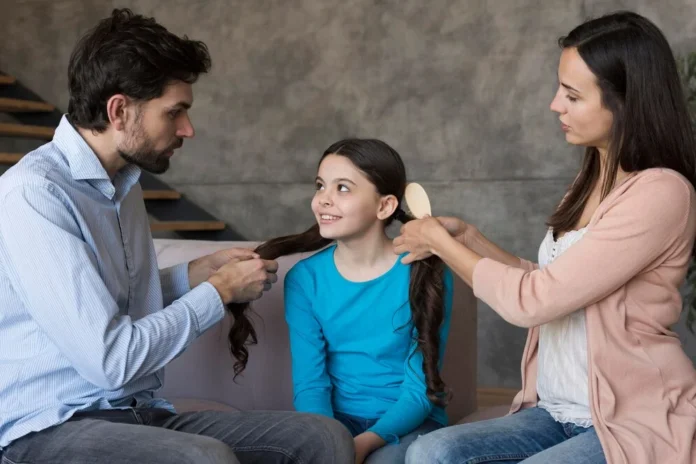As a foster care, you play a vital role in supporting the emotional health and wellbeing of the child in your care. Children in foster care may deal with complex emotions related to their experiences, such as loss or attachment issues. Having open and honest conversations about emotions can help them process these feelings in a healthy way. This article provides tips on how to talk to your foster child about emotional health.
Understand Their Background
Before diving into emotional conversations, take time to learn about the child’s background and experiences. Understand what losses or trauma they may have faced and how this could impact their emotional state. Speaking with your agency, such as fosteringpeople.co.uk, can provide insight. Knowing their history will help you frame discussions appropriately and with empathy. Don’t force them to open up about past struggles until they are ready.
Create a Safe Space
Conversations about emotions require an environment where the child feels secure and listened to. Choose a calm time when you can give them your full attention. Eliminate distractions like TV or phones. Maintain eye contact and give reassuring nods as they speak. Avoid judgement or dismissal of their feelings. Make it clear you are there to provide support without pressure.
Use Engaging Activities
Using activities can take the intensity out of emotional discussions. Arts, crafts or games give hands and minds something to focus on. The child may open up more naturally this way. You could suggest decorating “feelings jars” and talking about which emotions they fill them with. Drawing pictures of their good and bad days can also facilitate sharing.
Ask Open-Ended Questions
Asking thoughtful, open-ended questions shows your interest in their inner world. “What was the best part of your day?” and “What was something that was hard today?” are good starters. Follow up with “What made you feel happy/sad/angry in that situation?” Resist the urge to quiz them. The goal is to create an ongoing dialogue at their pace.
Teach Emotional Intelligence
Ongoing conversations should aim to build their emotional intelligence. Help them develop the vocabulary to express feelings beyond “good” or “bad”. Say “You seem frustrated. Frustration happens when something doesn’t work out like we hoped.” Explain how emotions affect thinking and behaviour. Share ways you manage stress or challenging emotions as a positive role model.
Listen Actively
Active listening is just as important as what you say. Make eye contact, nod, and use occasional brief affirmations like “I see” and “Tell me more.” Don’t interrupt or offer solutions yet. Reflect back what you hear them express. Allow them to feel heard. This builds trust to explore emotions more deeply.
Validate Their Feelings
Children often need reassurance their feelings are normal and accepted. Avoid criticising or dismissing emotions you find inappropriate. Comments like “there’s no reason to be sad” teach them to suppress feelings. Say instead “It’s okay to feel sad sometimes. I get sad too. The good news is it won’t last forever.” This models emotional regulation.
Offer Coping Strategies
Once they share difficult feelings, discuss constructive ways to cope. Teach deep breathing, visualisation, exercise or other calming techniques. Brainstorm solutions to problems causing distress. Offer journaling as an outlet for anxiety or depression. Recommend they speak to a counsellor if needed. Follow up later by asking “How did those coping strategies work for you?”
By having regular, caring dialogues, you can help children understand and express their feelings in healthy ways. Meet them where they are at emotionally, while guiding them to regulate emotions and build resilience. With your support, they can thrive despite life’s challenges.
Helping foster children with their emotional health is an ongoing journey. For more helpful tips, visit OnlyFinder for support.
